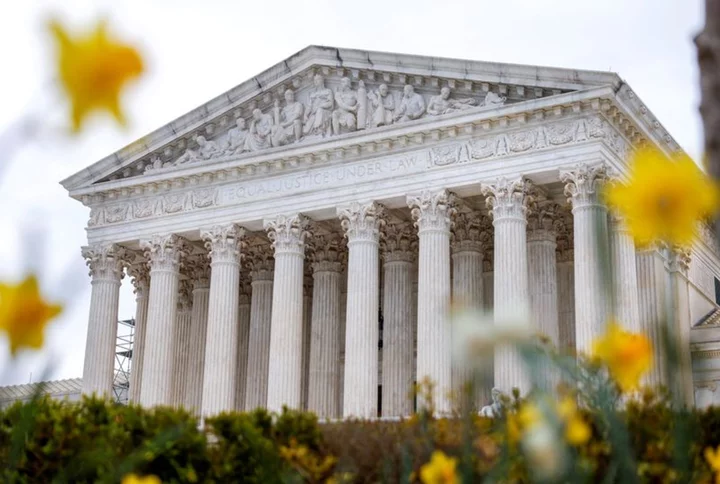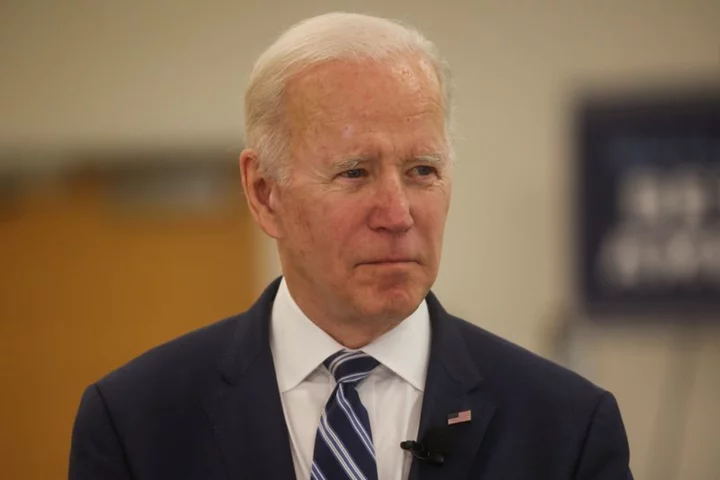By John Kruzel
WASHINGTON The U.S. Supreme Court on Tuesday agreed to hear a bid by President Joe Biden's administration to shield the federal government from lawsuits over errors related to credit reports in a case involving a dispute between a Pennsylvania man and the U.S. Department of Agriculture.
The justices took up the USDA's appeal of a lower court's ruling that a legal doctrine called sovereign immunity does not shield the U.S. government from liability in lawsuits concerning credit reporting inaccuracies. The administration is seeking to block Reginald Kirtz's lawsuit against a USDA agency brought under the Fair Credit Reporting Act, a 1970 law passed by Congress to ensure fair and accurate credit reporting.
Kirtz sued two public lenders, including a USDA agency called the Rural Housing Service that furnishes loans to help lower income Americans get housing in rural parts of the country, as well as a Pennsylvania-based lender that provided him a student loan. He sought unspecified money damages.
The Biden administration argued that Kirtz's suit should be dismissed under sovereign immunity, which generally shields the U.S. government from liability except in instances in which it has been waived by law. At issue is whether Congress waived sovereign immunity when it passed the Fair Credit Reporting Act.
Kirtz has said that his loans were repaid in full, but that the lenders continued to wrongly report that his accounts were past due even after he complained about the discrepancies. These false reports were then passed along to the credit reporting agency TransUnion and damaged Kirtz's creditworthiness, according to court filings.
A federal judge in Pennsylvania in 2021 granted the Biden administration's request to dismiss the case, ruling that the Fair Credit Reporting Act "does not contain such an unambiguous waiver of sovereign immunity." But the Philadelphia-based 3rd U.S. Circuit Court of Appeals last year reversed that decision, prompting the administration's appeal to the Supreme Court.
The USDA in court papers told the justices that allowing the 3rd Circuit's interpretation of the law to stand "could expose the United States to substantial liability" over its lending and credit reporting practices. The administration also urged the court to take up the dispute in order to resolve a split among federal courts of appeals over whether the Fair Credit Reporting Act waived the U.S. government's sovereign immunity.
The court is due to hear arguments in the case in its next term, which begins in October.
(Reporting by John Kruzel; Editing by Will Dunham)









